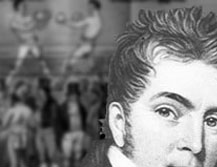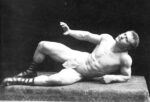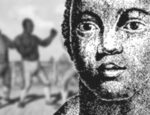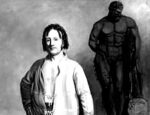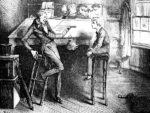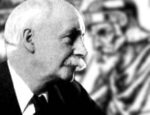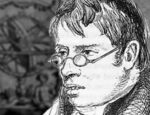Description
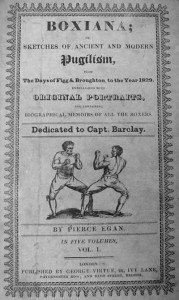 Read Pierce Egan’s Boxiana, the foundation text of sports journalism. Egan (1772-1849), whose background was Irish and obscure, began working life as a London printer’s compositor. The first part of Boxiana, or, Sketches of ancient and Modern Pugilism, written in lively, slang-laden prose, appeared in 1812. Its detailed accounts of bloody matches offered the sporting public literary pleasure of a totally new kind. Since his sketches involved colourful biographies of the champion boxers, Egan was dubbed by Irish poet Thomas Moore “the Plutarch of the ring”.
Read Pierce Egan’s Boxiana, the foundation text of sports journalism. Egan (1772-1849), whose background was Irish and obscure, began working life as a London printer’s compositor. The first part of Boxiana, or, Sketches of ancient and Modern Pugilism, written in lively, slang-laden prose, appeared in 1812. Its detailed accounts of bloody matches offered the sporting public literary pleasure of a totally new kind. Since his sketches involved colourful biographies of the champion boxers, Egan was dubbed by Irish poet Thomas Moore “the Plutarch of the ring”.
The Georgian craze for bare-knuckle fighting was shared by labourers and royalty. Unlicensed and officially illegal, attracting huge amounts of gamblers’ money, boxing nevertheless escaped the authorities because its patrons included the richest in the land.
Boxing’s brutality was celebrated as a manifestation of British hyper-masculinity which transcended social class and even colour: some of the most famous boxers were Jewish, like the East-Ender ‘The Hebrew’ (Daniel Mendoza) or the South Carolinan ‘Black Ajax’ (Tom Molineaux). The “Fancy” (boxing fraternity), wrote Egan, was a community in which all social hierarchies were temporarily abolished: ‘a union of all ranks, from the brilliant of the highest class in the circle of Corinthians, down to the Dusty Bob gradation on society, and even a shade or two below that.’
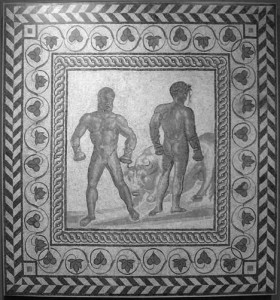 But Boxiana opens with the praise of the divine boxer Pollux, Spartan brother of Castor, who won his seat on Olympus through his pugilist skills. Egan quotes Horace, supplying (but also translating the Latin, mindful of his cross-class readership). His list of ancient boxers continues with Eryx the Sicilian vanquished by Hercules, Dares and Enetellus, and Amycus visited by the Argonauts.
But Boxiana opens with the praise of the divine boxer Pollux, Spartan brother of Castor, who won his seat on Olympus through his pugilist skills. Egan quotes Horace, supplying (but also translating the Latin, mindful of his cross-class readership). His list of ancient boxers continues with Eryx the Sicilian vanquished by Hercules, Dares and Enetellus, and Amycus visited by the Argonauts.
Egan contrasts ancient boxing in weighted gloves and bare-knuckle fighting, discusses the Greek and Latin boxing vocabulary, and compares contemporary prize fighters with Hercules, Ulysses, Coriolanus and Mars. At the climax, he celebrates the inauguration of the national Pugilistic Society, which he claims to be the equal of the ‘Royal Society, the Antiquarian Society, the Geological Society, the Mathematical Society, the Dilettanti Society’ and the Society of Arts. In his fantasy realm, men of all classes can be equals. He concludes this flight of egalitarian Fancy with a heady citation from Terence:
“Men of rank associating together learn to prize the native and acquired powers of human nature. They thus learn to value other distinctions, besides those of fortune and rank; and, by duly estimating them in persons of far inferior stations in life, they imbibe the principles of humanity and fellow feeling for our common nature. The lesson taught them in early life, by Terence, while at Oxford or Cambridge, Westminster and Eton, is here brought into actual practice:
Homo sum, humani nil a me alienum puto.
I am a man, and consider nothing belonging to man as foreign to me.”

